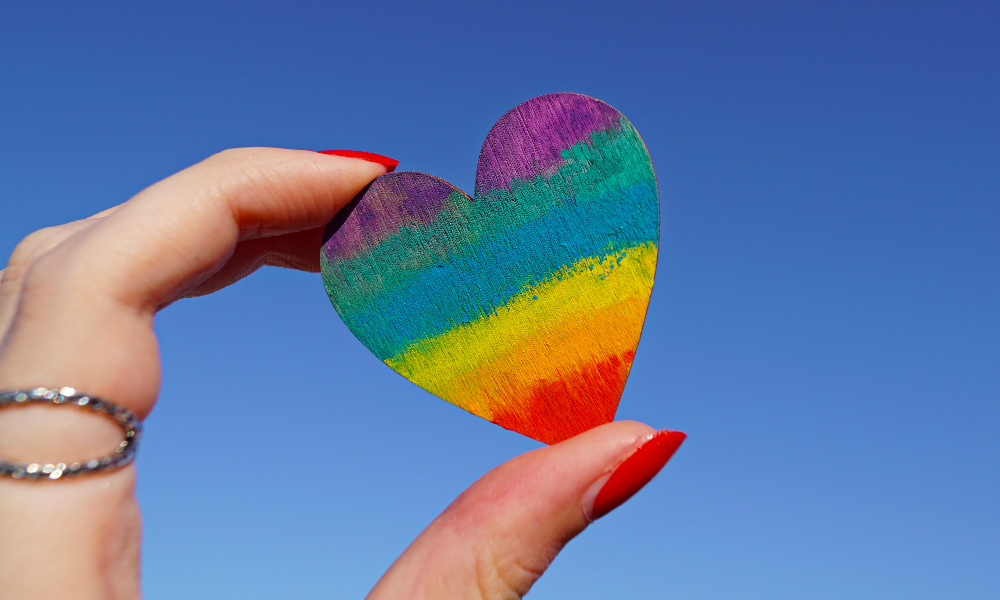Once again, Florida’s new law is being challenged in court.
Students, their parents and a nonprofit organization have renewed a lawsuit concerning Florida’s new “Don’t Say Gay” law prohibiting public school curriculum on gender identify and sexual orientation in early elementary school. The law specifically restricts such instruction in kindergarten through third grade and requires any instruction after third grade to be “age-appropriate in accordance with state academic standards.”
U.S. District Judge Wendy Berger, nominated to her post by President Donald Trump, dismissed a challenge to the law last month. Berger said the lawsuit was a “shotgun pleading” and “the plaintiffs fail to specify what policy or custom of each defendant supports liability under the U.S. Constitution.” Berger wrote further, “Instead, plaintiffs dedicate their time exclusively to arguing that the underlying law is unconstitutional, without specifying any causal link between the actions of these defendants and the alleged deprivation of a constitutional right. On this basis alone, the court finds that plaintiffs have failed to show a likelihood of success on the merits on any of the claims they attempted to allege.”
When the judge dismissed the case, however, she indicated the plaintiffs could file a revised version.
Now, in the new filing the plaintiffs state, “The law, by design, chills speech and expression that have any connection, however remote, to sexual orientation or gender identity. The impact of the law has been immediate and severe. Defendant school boards and their agents have already begun implementing significant changes under the law. They have instructed teachers to review hundreds of books that acknowledge LGBTQ+ people and families and have eliminated vital support systems for LGBTQ+ students, including guidance and training that combat bullying and violence.”

The revised version also alleges the law “violates due-process and equal-protection rights.” Specially, the plaintiffs have alleged it includes “vague terms that have led to, and continue to lead to, discriminatory and arbitrary application and enforcement across various school districts…The law’s nebulous and overbroad terms achieve the intended, discriminatory goal of erasing all mention of LGBTQ+ people and families in schools. The law creates lose-lose situations for parents, teachers, and students. A school either can avoid any conversation acknowledging LGBTQ+ people or face a lawsuit by any parent hostile to the presence of LGBTQ+ students and families.”
Plaintiffs in the case include Orange County residents Jennifer and Matthew Cousins and their four children, including a seventh-grade student who is gender non-binary; Will Larkins, a senior at Orange County’s Winter Park High School and president of the school’s Queer Student Union; a married same-sex Indian River County couple, David Dinan and Vik Gongidi, who have two children in public schools; and the non-profit CenterLink, Inc.
Defendants are the State Board of Education and the school boards in Orange, Indian River, Duval and Palm Beach counties.
Florida Governor Ron DeSantis (R), said of those opposing the “Don’t Say Gay” law, “They support sexualizing kids in kindergarten. They support injecting woke gender ideology into second-grade classrooms. They support enabling schools to, quote, transition students to a, quote, different gender without the knowledge of the parent, much less, without the parents’ consent.”
Sources:
What You Need to Know About Florida’s “Don’t Say Gay” Law
Federal judge rejects challenge to Florida’s so-called ‘don’t say gay’ law








